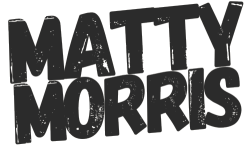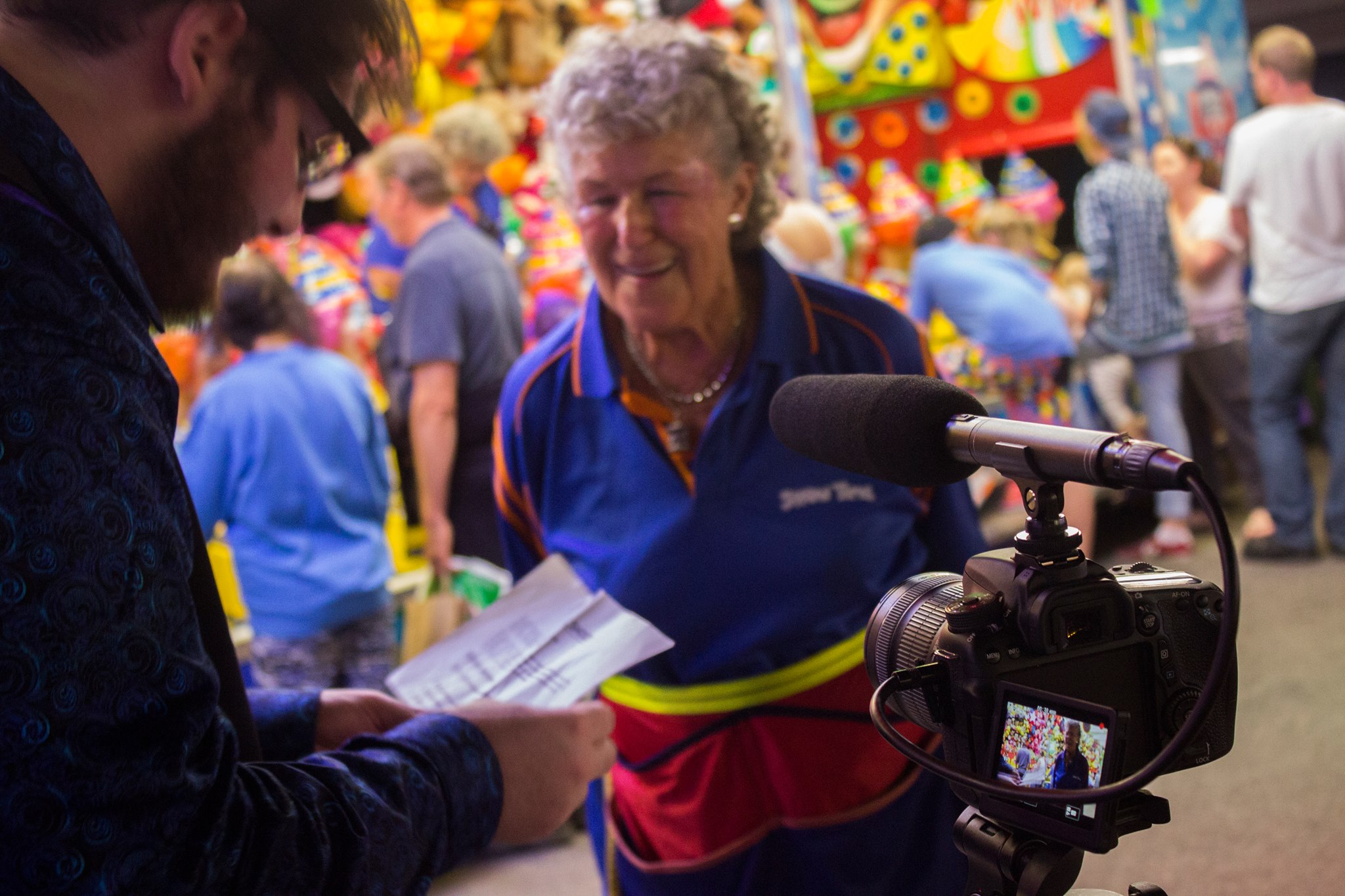No clickbait, here they are.
One, Ask Open Ended Questions
A time and place exist’s in Journalism for closed-ended questions, these are great if you want to verify small facts.
Did the festival start on Thursday? – yes or no?
However, in a video or audio interview, our goal is to have our talent give us long, and open-ended responses full of insightful and interesting information.
We achieve this by phrasing a question in a way that it makes it hard simply to answer yes or no.
Closed-ended question: Was the festival hard to plan? – (no it was easy.)
Open-ended question: What sort of preparation goes into organising a music festival?
Two, Shut Up!
I mean it, shut up. Ask your question and be quiet, the worst thing you can do is interrupt the answer been given. – Your talent could be about to divulge the gold, and if you interrupt them, you have changed their thought path.
Plus you are creating a nightmare for the edit team in post-production.
When your talent has finished answering the question, wait. this achieves two outcomes.
Firstly, you have given some top and tails on the clip for the editor to work with.
Secondly, silence is awkward and unnatural, a talent will feel uneasy and attempt to fill the void with more chatter.
Your talent will hopefully think you are expecting more information as part of the answer and continue talking.
Try counting to five in your head when your talent has finished talking before responding.
Three, Have your talent incorporate the question into the answer.
This is a lifesaver, and makes your interview more modular, meaning you can cut your interview up, montage it with other interviews, or scenes and the interview will make sense.
When your edit returns to your interview, your viewer won’t be left trying to decrypt what question they are answering.
If your question was, What is the most defining moment in your career?
Have your talent respond by saying:
“The most defining moment in my career was…” and have them continue the answer from there.
Four, Have your talent spell out their full name.
One of the most important attributes of a journalist, publishing house, or filmmaker is accuracy.
It’s a foundational block that builds trust with your audience, if you lose their trust you have nothing.
Ask your talent to spell out their full name, letter by letter, and ask their preferred pronouns, this way you can identify the interview, and set their names correctly in lower-thirds and credits.
Forget the guesswork, get it from the source.
Five. Ask your talent, Am I Missing Something?
No matter how much effort you have put into your interview, you may have missed something. No one knows the product or subject better than the person you are interviewing.
“Have I missed anything you think is important to this story?”
Some of the best interview moments have spawned from this very question. You could merely be looking at the tip of the iceberg, and your talent is about to blow your story wide open.
Six, Clothing Brands, Stripes, And The Color Red.
Why?
Red, red shirts, dresses, or clothing can interfere with some camera’s white balance.
Striped, depending on the shutter speed/angle, stripes can strobe on camera.
You might also ask your talent to avoid clothing with obvious brands on them. Think Nike ticks or Levis’s branding.
Use common sense here, never try this for spontaneous on-the-street interviews (vox pops), but if your project involves a planned shoot day, it might be wise to ask your talent to avoid these where possible.
One last note on clothing…..
If you are working around a green/blue screen used for chroma-key work, it should be noted these colors can’t be worn in front of the screen, or you will key them out also.




